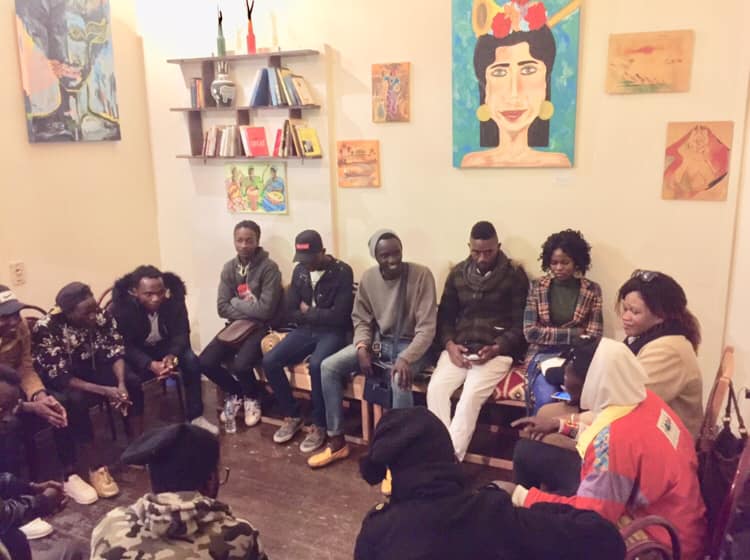
Sudan-based multi-disciplinary digital media platform Andariya launched ‘Andariya Roadshow’, a project giving selected Sudanese and South Sudanese musicians the opportunity to share their talent through a series of workshops in both Cairo and Kampala, as well as a chance to perform at Sawy Culture Wheel on 26 January.
Music plays a huge role in Sudan, South Sudan, and Africa in general, where every region and tribe has its own unique composition, from ceremonial tunes to war beats and funeral melodies.
However, despite the rich history in the field, music in Sudan has been suppressed as a result of various religious and cultural conflicts.
In the midst of the battle rose ‘Andariya Roadshow’, founded by Omnia Shawkat and her co-founder Salma Amin, giving Sudanese and South Sudanese musicians the opportunity to enhance their digital media skills along with “alleviating the digital awareness of Sudanese & South Sudanese musicians.” Through this program, Andariya hopes to revive Sudanese and South Sudanese music scene locally and internationally.
Founder of Drum Circle Sudan Salma Omar says that “we wanted to explore different rhythms in Sudan, because we feel like we have an identity crisis,” Omar chuckles, “because of the separation, because you can’t travel to places like Kordofan for example freely, which means you don’t know what is happening outside the capital. By exploring the different rhythms, people are able to learn more about the people and appreciate their traditions.”
In both Sudan and South Sudan, there are almost no formal opportunities for musicians to receive mentorship and guidance in the field.
It was only in the last two years that music centers starting to spring, however most are centralized in the capitals Khartoum and Juba. Artists still struggle to find professional recording studios to record their music.
Over 40 musicians applied to the ‘Andariya Roadshow’ from across the two country, Sudan and South Sudan, but only 15 were selected for the training program. Six participants were selected to go on a regional tour to “high-caliber music scenes”, particularly Cairo and Kampala, where music is widely produced and highly appreciated.
“Both Cairo and Kampla are hosts for a huge number of Sudanese and South Sudanese citizens and refugees, and we wanted to connect with them through art and music,” Shawkat says,”so we wanted to start with the places that were already familiar with Sudan and South Sudan in one way or another and use music to expand our relationship with these countries and expose our artists to these audiences.”

The dynamic field of art has had interchangeable roles throughout the history of mankind and particularly being the most prominent form of creative self expression. However in recent years, Sudanese and South Sudanese musicians have been used as a tool to rebrand their countries promoting cultural awareness.
By giving artists the opportunity to travel to these two cities, musicians now have large networks of regional artists and curators, which opens up doors to multi-cultural collaborations as well as the space to share their mother culture. Now, ‘Andariya Roadshow’ became a cultural exchange hub that bridges ethnic diversity and cultural intersectionality.
South Sudanese musician Denaya Denis, one of the six artists selected to tour the region, wondered why there were no musicians who sing in his native language, Bari, the language of Morobo town in South Sudan, and instead listen to Ugandan music.
“I had a friend, Tony, who went to Kampala and realized that its possible for us to sing songs in our language and record them. So we started writing our songs in our mother tongue,” Denis starts,”In South Sudan, there are no platforms that can expose you to on a large scale.”
“I can definitely say that this program is the first of its kind in our region, especially that a lot of us didn’t know how to monitor our social media and online presence, but through Andariya I was able to learn that and present myself as an artist,” Denis continues.
Denis highlighted that the main difference between the music scene in Egypt and Uganda is accessibility to media platforms. Musicians in Uganda are growing but the issue with their music is that there are very few musicians that are dominating the industry and many of them pay money to media to promote them. If you are a musician and want to be “out there”, you have to bribe media outlets like radio stations and TV stations.
On the other hand, Cairo there are free platforms like AfriCairo, where the workshops were hosted, allowing different artists to come and explore their options in terms of recording opportunities and collaborations with other artists. “I like such an environment where musicians can come together and work together on their music.”
The music scene is rich in terms of diversity and opportunities. It is very flexible and dynamic, so many young and upcoming musicians not just in Egypt, but around the region, have the room to offer a new perspective.
Sudan and South Sudan needs to be nurtured. Musicians need academia to properly learn music, curators to financially support these artists and spaces to showcase their work in order to gain experience. Accordingly, a whole ecosystem has to be created to influence the different stake holders in the community as a whole.
However, the ecosystem will not be complete if there is no support from the society. Many artists struggle to defeat the cultural norms that are associated with music, including financial stability and religious beliefs. Most artists do not focus on monetary compensation, instead they are striving to share their work in hopes that at least one person enjoys it.
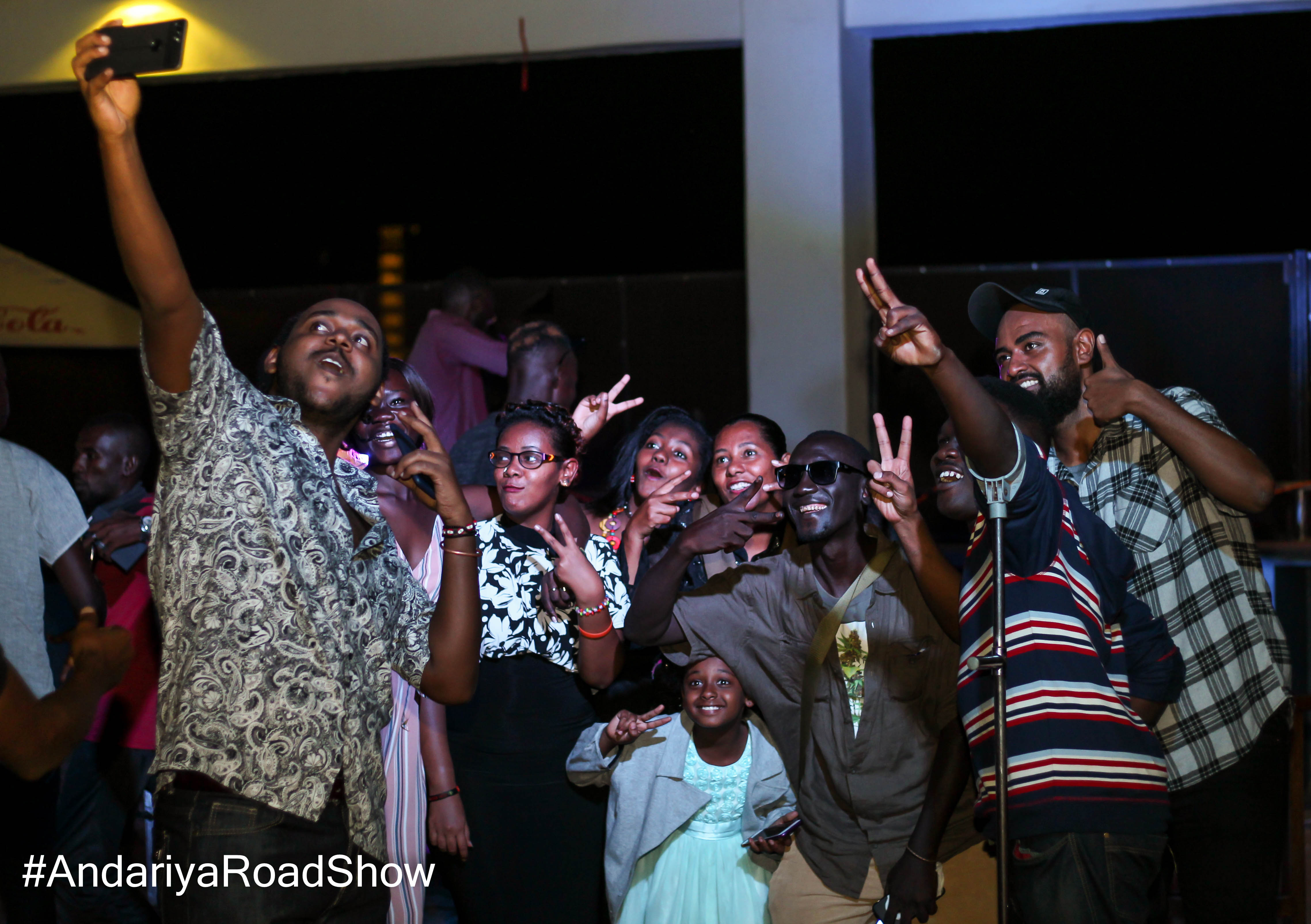



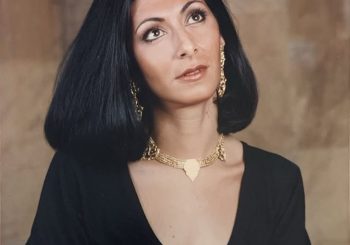
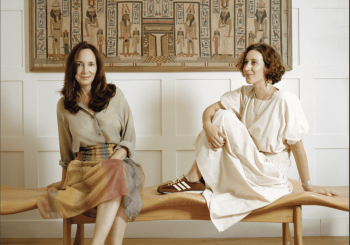
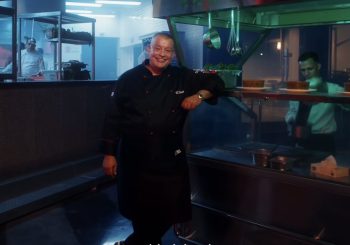
Comments (0)